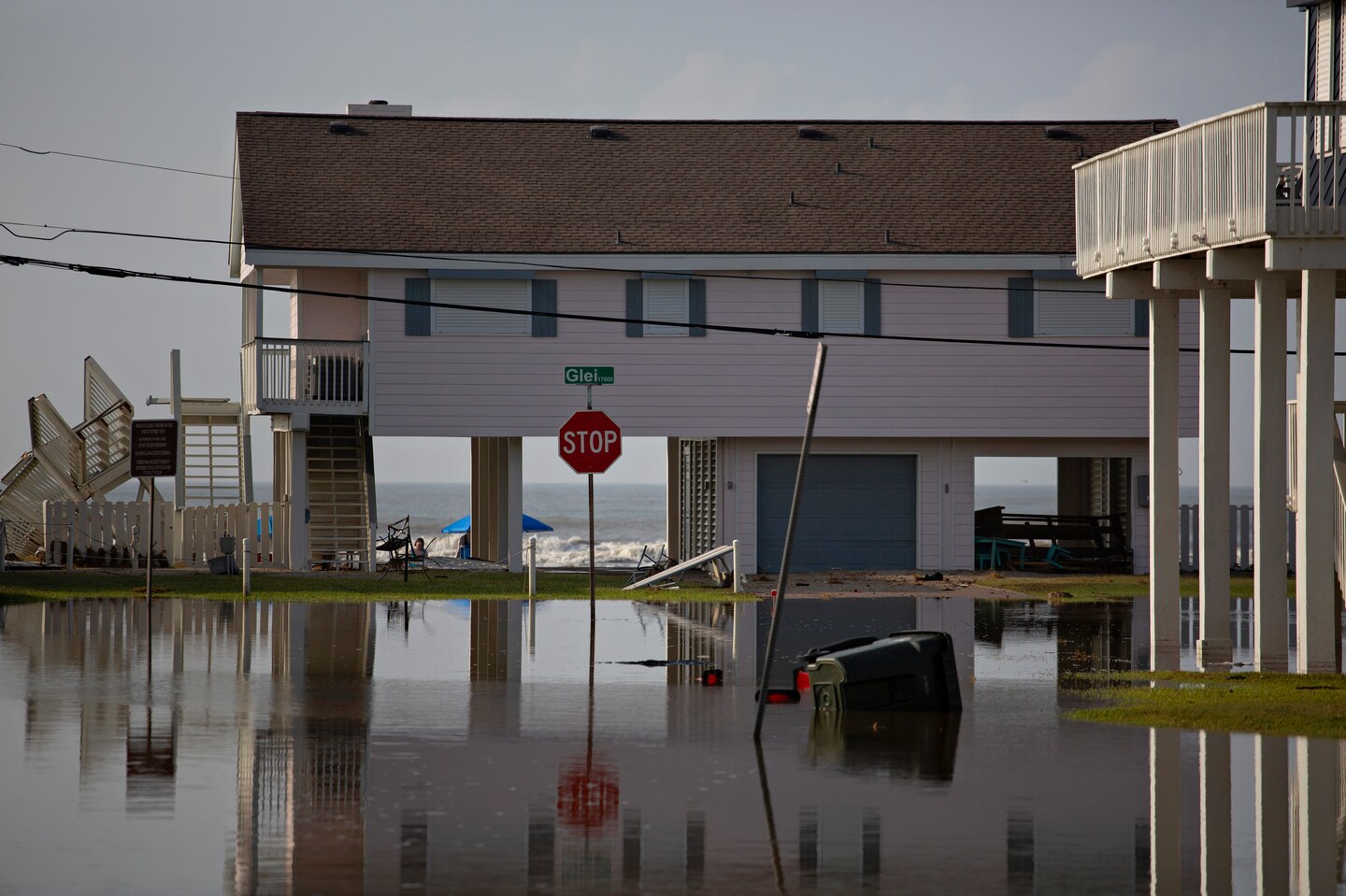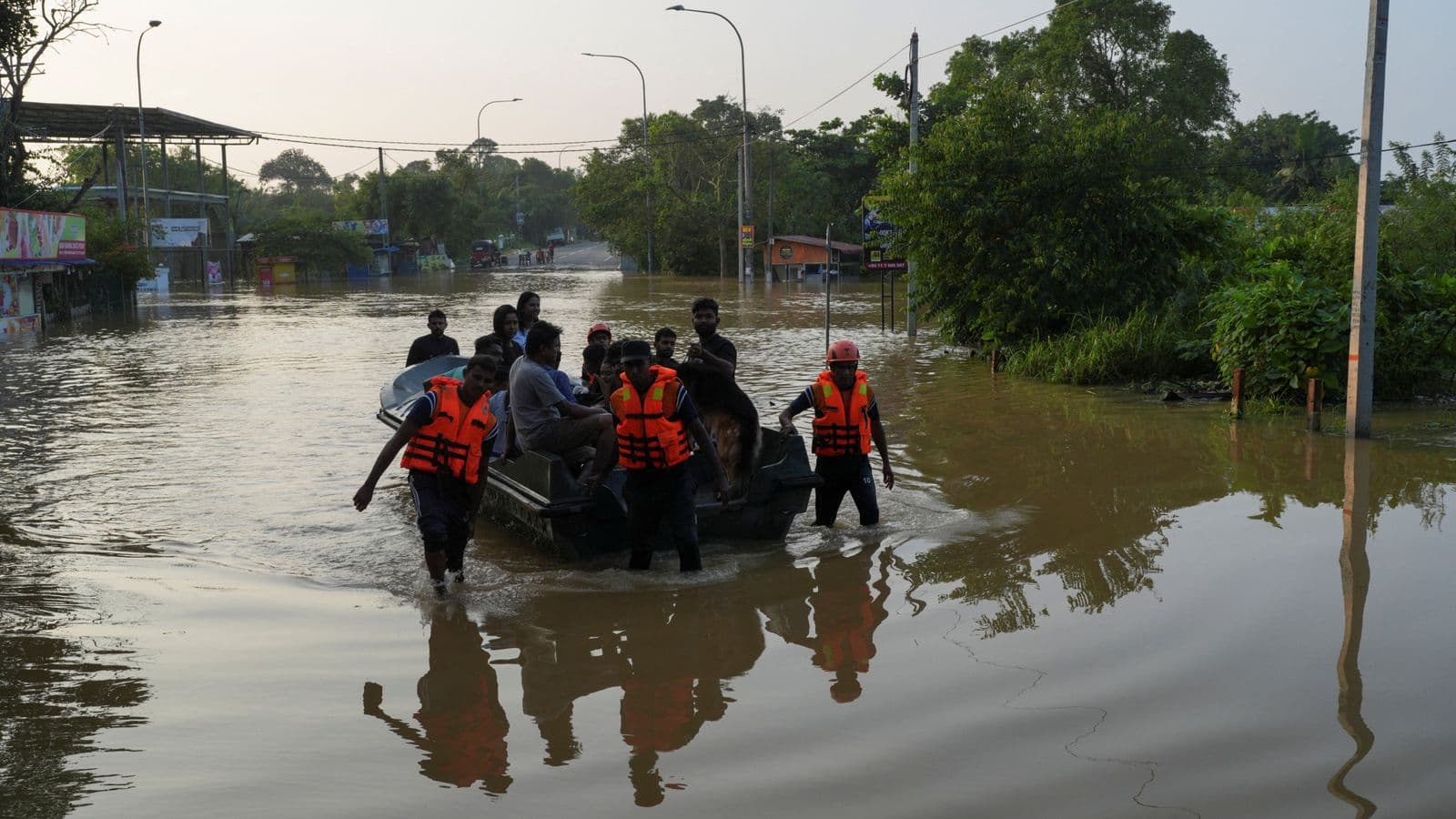As Texas grapples with devastating floods that have already claimed nearly 90 lives, state leaders continue to prioritize border security and property tax cuts over urgent flood management systems. The stark reality is that Texas leads the nation in flood-related fatalities, with over 1,000 deaths recorded from 1959 to 2019, a tragic statistic that underscores a systemic failure to protect vulnerable communities.
Neglected Flood Management Initiatives
In a shocking display of neglect, Texas did not complete a comprehensive assessment of flood risks until last year, despite the state"s history of catastrophic flooding. The Texas Water Development Board has identified over $54 billion in necessary flood control projects, yet lawmakers have allocated a mere $669 million. This is a glaring example of how political priorities are misaligned with the pressing needs of the public.
Failure to Equip Communities
Local officials in flood-prone areas like Kerr County are left scrambling for basic funding to implement warning systems. They rely on outdated methods such as National Weather Service text alerts and word-of-mouth, while the implementation of outdoor sirens—potentially saving lives—remains an unaffordable luxury, costing as much as $50,000 per siren. Former Kerr County commissioner Tom Moser emphasized that these systems could have given residents critical time to escape. The reluctance to invest in these basic safety measures reflects a broader failure of governance.

Hurricane Beryl was more proof Houston"s flooding problem is ...
Legislative Stalemate on Flood Solutions
Despite recent legislative efforts to address flood management, substantial proposals face obstacles in the Senate. House Bill 13 aimed to create a unified disaster response and alert system but was halted due to questions about costs from some Republican lawmakers. State Rep. Wes Virdell has publicly stated that, in hindsight, he would have voted differently, acknowledging the lack of foresight in prioritizing spending. This indecision in leadership translates into human suffering, as communities remain unprepared for inevitable floods.
Implications of Inaction
The implications of this inaction are catastrophic. Vulnerable populations—low-income families, elderly residents, and marginalized communities—bear the brunt of flooding disasters, often lacking the resources to evacuate or rebuild. As reported by research findings from 1959 to 2019, vehicle-related flood fatalities disproportionately affect these vulnerable groups, highlighting a critical need for equitable disaster preparedness.

SPB - Capitol Myths and Legends
Political Accountability Needed
Calls for accountability have begun to emerge, as Governor Greg Abbott suggests including flood notification issues in the upcoming special session. However, past behavior indicates that such promises may not translate into effective action. Lawmakers must acknowledge the human cost of their fiscal decisions and prioritize funding for flood management to protect lives and preserve the dignity of Texas residents.

![[Video] Massive blackout hits Buenos Aires during intense heat](/_next/image?url=%2Fapi%2Fimage%2Fthumbnails%2Fthumbnail-1767178842442-uldsl-thumbnail.jpg&w=3840&q=75)





![[Video] Gunfire between Iraqi security forces and Sadr militias in Baghdad](/_next/image?url=%2Fapi%2Fimage%2Fthumbnails%2Fthumbnail-1768343508874-4redb-thumbnail.jpg&w=3840&q=75)
